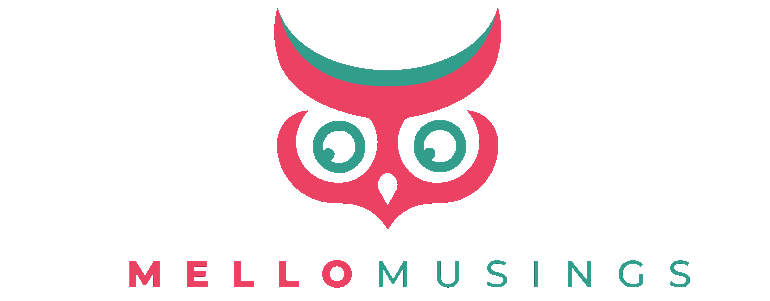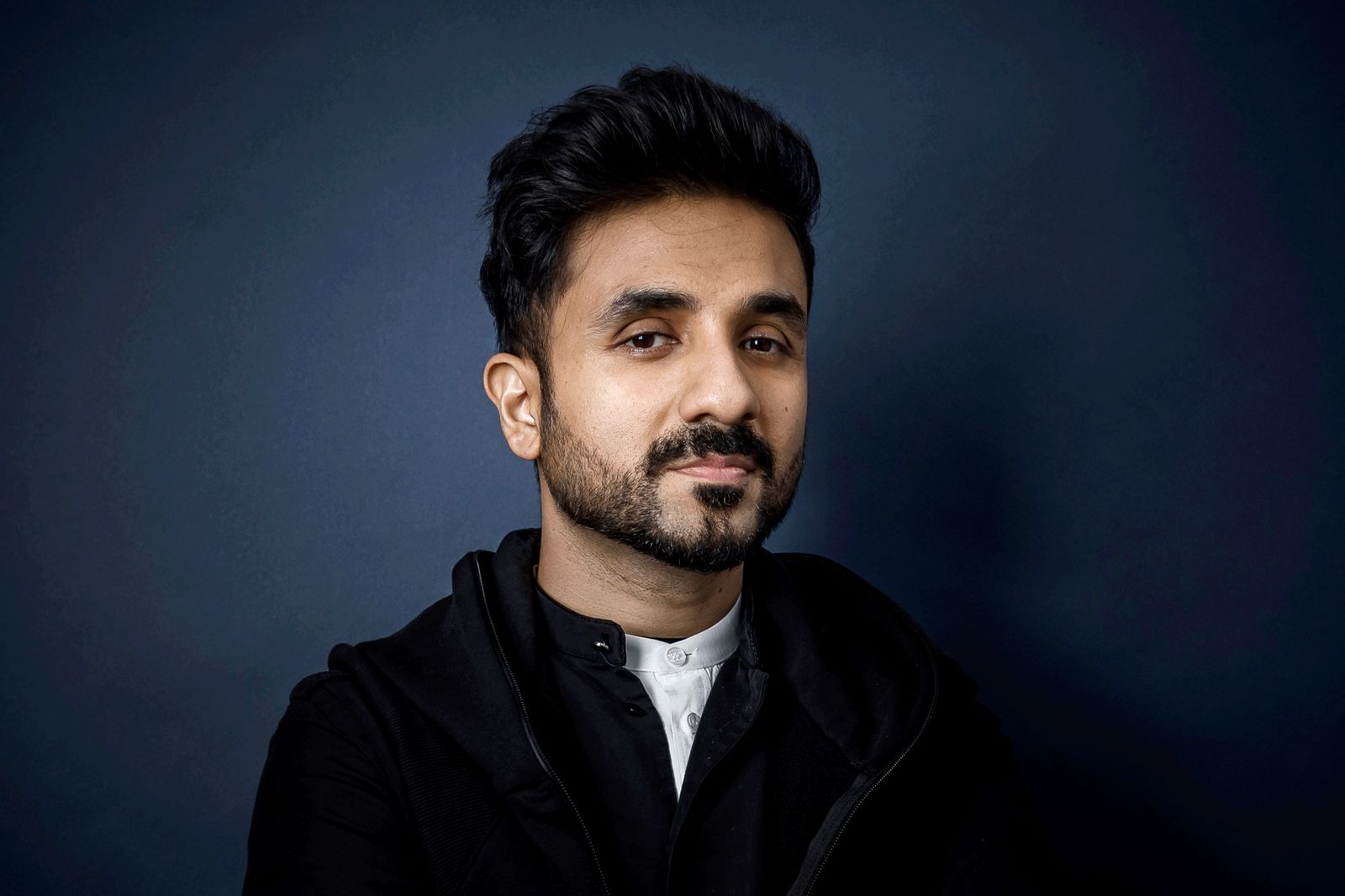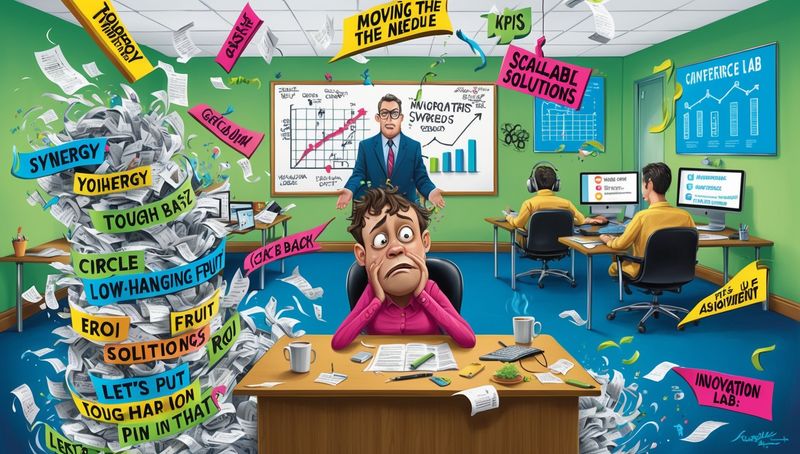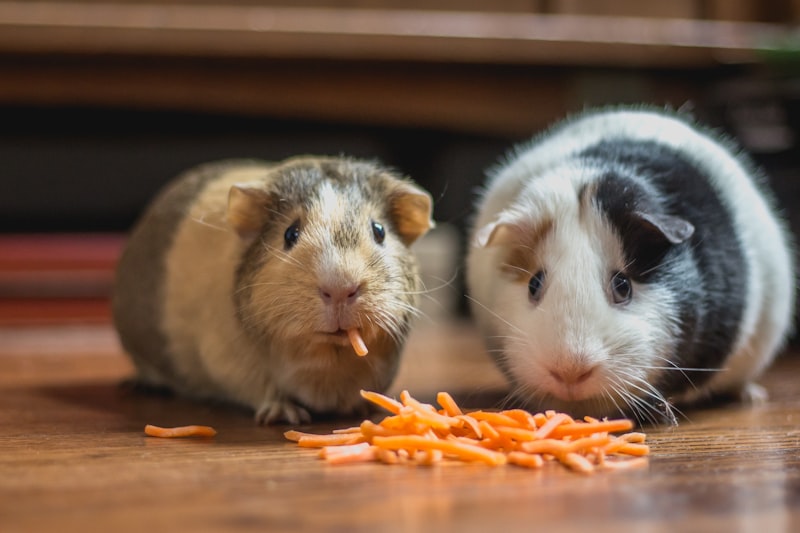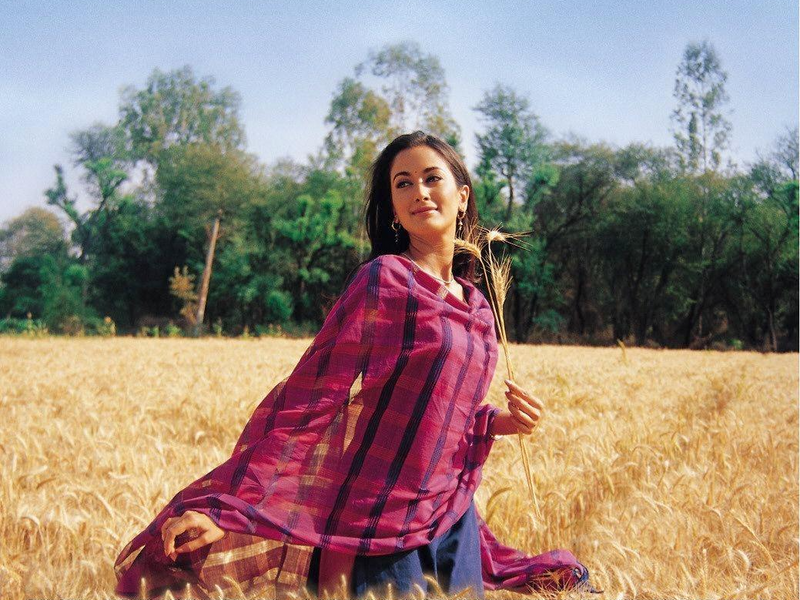Societies today are grappling with an alarming rise in othering.
In today's world, the comedic stage has become a battleground. It's not the so-called "woke police" or the self-righteous audiences that pose an existential threat to comedy. Instead, it's the crown princes of our societies, the leaders, who hold the fragility of democracy in their hands. Comedians don't owe the audience anything. They engage in the timeless art of poking fun at the world, and if their words stir discomfort, the audience should feel free to respond with words, not fists.
This give-and-take is the essence of comedy, where the comedian strives to be better and keep the audience entertained.
Yet, the true threat to comedy doesn't come from its audiences. Comedy, in its many forms, has been a bellwether for societal shifts. When a society is under threat, it's often the comedians who face the consequences first. The repression of comedians is a stark reminder that democracy is vulnerable, and authoritarians pose a real threat to art, music, thought, poetry, progress, and more. It's not the pronoun police or the social justice warriors who are the real culprits; it's the secret police and authoritarian regimes that stifle creativity and expression.
The world today appears to be on the brink of significant change, perhaps even war. Many global conflicts throughout history have arisen when old men in power manipulate the hatred of young men. This delicate balance between the old and the young, between power and resentment, often culminates in war. It's also a reminder of how important it is for leaders to lead with wisdom and responsibility. To understand these dynamics, we must delve into the concepts of "the brother and the other," where one group is humanized, and the other is dehumanized. This is a tactic frequently used to incite hatred and division, typically leading to conflict. To move forward as a society, we need to break this cycle and embrace a world where both brother and other are equals.
However, societies today are grappling with an alarming rise in othering.
Those in the minority feel increasingly scrutinized and answerable, while those in the majority enjoy a sense of entitlement. To incite hatred in the younger generation, leaders introduce divisive concepts that bolster the othering process. The mainstream media, which has lost its way, plays a crucial role in this narrative. They amplify these ideas, taking societies back to an era they view with nostalgia, even if that era wasn't any safer than the present. It's a yearning for the time when the elderly felt younger, when technology was simpler, and when their bodies cooperated.
The notion of "making America great again" or "restoring a country's past glory" doesn't refer to returning to a better world; it means going back to a time when the old felt more in control. However, respecting elders should not mean blindly following their vision. Old age doesn't necessarily bring wisdom, and this collective obsession with returning to the past is what fuels these troubling ideologies.
The true strength of a society lies in respecting and honoring all its members, regardless of their age.
The world is at a crossroads, where it's crucial to embrace unity and equality rather than division and hatred. The power to change our societies and protect democracy lies not in how audiences think, but in how leaders lead. It's high time we question the narratives we're being fed and hold our leaders accountable for the division they sow. Comedians, with their sharp wit and humor, remind us of the importance of critical thinking and the fragility of democracy. It's not just about defending comedy; it's about safeguarding the values that define us.
